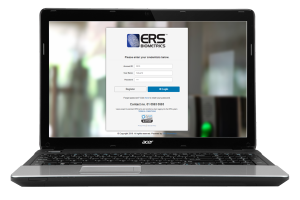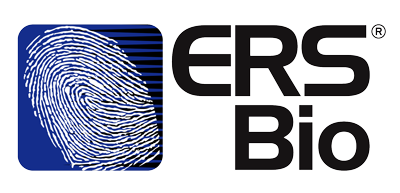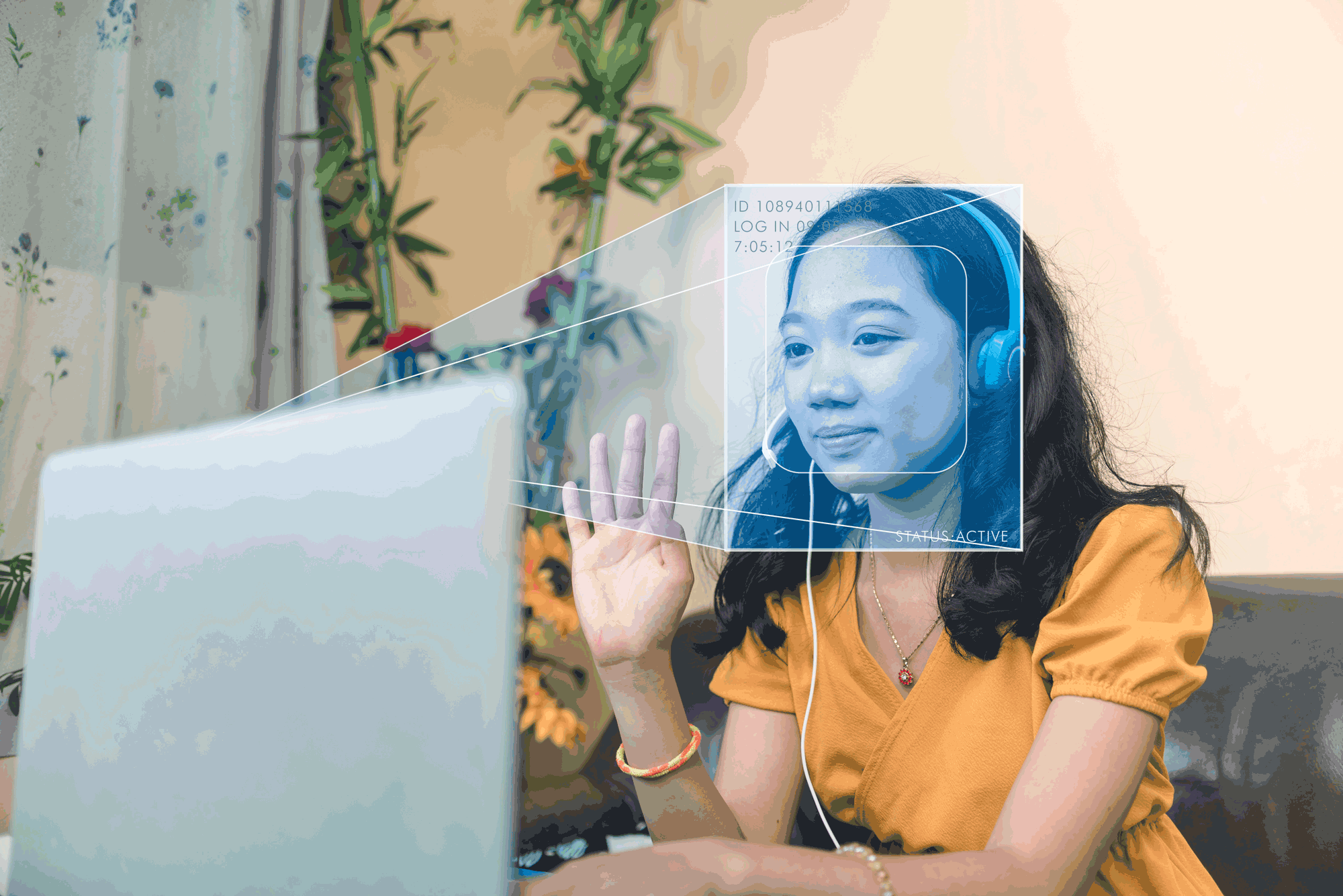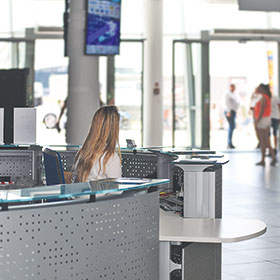The Power of Facial Recognition Biometrics: Revolutionizing Business Environments
Introduction:
In an increasingly digital world, where security threats and data breaches continue to rise, the need for robust and reliable authentication methods has become paramount. Facial recognition biometrics, a cutting-edge technology that leverages unique facial features for identification and verification, has emerged as a game-changer in corporate and business environments. This article delves into the world of facial recognition biometrics, exploring its working principles, benefits, and a wide range of applications within the corporate landscape.
Understanding Facial Recognition Biometrics: Facial recognition biometrics is a technology that utilizes facial features, such as the distance between the eyes, the shape of the nose, and the contours of the face, to accurately identify and authenticate individuals. It works by capturing an image or video of a person’s face and comparing it against a database of pre-registered facial templates. Advanced algorithms analyse key facial landmarks, convert them into a unique numerical code (faceprint), and match it with existing records for identification or verification purposes.
Benefits of Facial Recognition Biometrics in Corporate and Business Environments:
1. Enhanced Security: Facial recognition biometrics provides a highly secure method of authentication, as facial features are difficult to forge or replicate. This technology offers a robust defence against identity theft, unauthorized access, and fraudulent activities.
2. User-Friendly and Non-Intrusive: Unlike traditional authentication methods such as passwords or keycards, facial recognition biometrics offer a seamless and frictionless experience for users. Employees can simply present their face for quick and convenient access to restricted areas or systems.
3. Increased Efficiency: The speed and accuracy of facial recognition systems significantly enhance operational efficiency within corporate and business environments. Automated identification processes reduce the time and effort required for manual identity verification, thereby streamlining workflows and optimizing productivity.
4. Scalability: Facial recognition biometrics can scale effortlessly to accommodate a large number of users within an organization. It offers flexibility to adapt to evolving business needs, making it suitable for both small businesses and multinational corporations.
5. Self-learning AI Templates: Facial recognition devices use a deep learning algorithm to provide fast and accurate authentication, even in the presence of gradual changes to the face. Dynamic facial templates update over time as you use the device, ensuring positive identification.
Applications of Facial Recognition Biometrics in Corporate and Business Environments:
1. Access Control and Physical Security: Facial recognition systems can replace traditional keycards or PIN codes, granting authorized personnel seamless access to secure areas, buildings, or sensitive zones. These systems can detect and prevent unauthorized entry, thereby strengthening overall physical security. It allows for both identification to allow physical access, and can be incorporated into computer security whereby facial recognition is used to gain access to certain programmes, servers or data.
2. Time and Attendance Management: Facial recognition biometrics can automate time and attendance tracking, eliminating manual processes such as signing in or using swipe cards. The technology accurately records employee presence, tracks hours worked, and provides a reliable basis for payroll management.
3. Personalized Customer Experiences: In retail or hospitality industries, facial recognition can enable personalized customer experiences. By identifying returning customers, businesses can offer tailored recommendations, preferences, or discounts, enhancing customer satisfaction and loyalty.
4. Collaborative Workspaces: Facial recognition biometrics can enable secure and efficient collaboration in shared workspaces. It ensures that only authorized individuals gain access to specific resources or equipment, such as meeting rooms, printers, or confidential documents.
5. Data Privacy and Compliance: Facial recognition systems need to adhere to stringent data protection regulations, ensuring that sensitive facial data is securely encrypted, stored and processed.
Organizations must implement robust security measures and obtain explicit consent from individuals to mitigate privacy concerns.
Conclusion:
Facial recognition biometrics has the potential to revolutionize corporate and business environments, offering a secure, efficient, and user-friendly authentication method. From access control to personalized customer experiences, its applications are vast and varied. As technology continues to advance, organizations must carefully navigate the challenges and ethical considerations associated with facial recognition, leveraging its benefits to enhance security, productivity, and customer satisfaction in a responsible manner.

For more info on the ERSBio’s range of Biometric Devices from Suprema Security & Biometrics, click here.

For more on ERSBio’s Time & Attendance Software, click here.
Contact us: sa***@*******co.za l 010 593 0593



